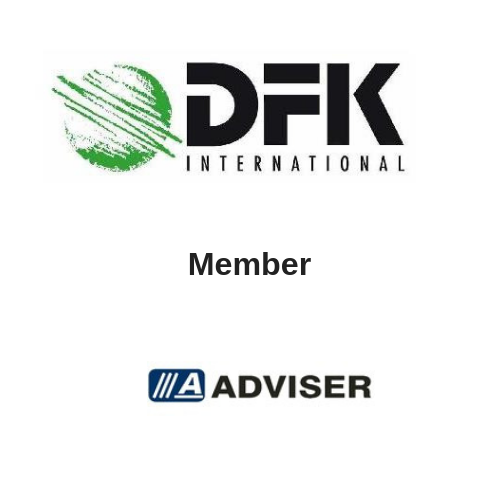
At the beginning of 2018, the delivery of information related to social security had almost become completely online with input from the e-Social.
The e-Social is a registration system, elaborated by the Federal Government, with the purpose of facilitating the collection of the information related to workers. All the information comprises a single database and covers 40 million employees, with the participation of 8 million companies and more than 80 thousand accounting offices.
Previously, all information was sent to the government by any means, be it digital or paper, but, with the entry of the new e-social system, information is now administered almost instantly by the Federal Government.
The main objective was to reduce bureaucracy in the provision of information, in addition to increasing collection, reducing errors in completing the forms. It also facilitates monitoring by the government, by increasing the transparency of information.
Companies with revenues in 2016 higher than BRL 78 million started using the system in January 2018 and all other companies were required to use it as of July 2018.
E-Social innovates as a collective construction project with the participation of several government agencies, such as Caixa Econômica Federal; IRS; Ministry of Labor; Secretariat of Social Security and INSS and civil society.
Another project that also started in 2018 was the EFD-reinf (Digital Bookkeeping Tax withholdings and other information) to be used by legal entities and individuals, in addition to the Digital Bookkeeping System of Taxes, Social Security and Labor – eSocial.
The objective was the bookkeeping of income paid and withholdings of Income Tax and Social Contribution, replacing the EFD-Contributions module that calculated the Social Security Contribution on Gross Revenue (CPRB).
EFD-Reinf, along with the e-Social after the beginning of its obligation, made room for replacement information requested in other ancillary obligations, as well as ancillary obligations of other government agencies, such as social security.
In the delivery of EFD-Reinf, the nature of information that must be passed on to the tax authorities are:
These projects now allow immediate government agencies access to information, enabling automatic verification of the information provided and agility in the inspections.
Companies have to implement and review the compliance processes to avoid possible information failures.

DFK International is a leading global association of independent accounting firms.
Adviser is a service provider in auditing, accounting, taxes, consulting and valuation, focusing on medium and large companies from a wide range of areas. The organisation is qualified to support all companies registered in CVM, the Brazilian Securities Commission.
To contact Adviser Auditores Independentes tel: +55 (11) 3670 6300 or by email: contacto@adviserbr.com.br.
As an organisation who aims to apply their knowledge to the benefit of both customers and employees, Adviser Auditores Independentes are proud to be DFK members.

‘Business Culture Essentials’ online course
In-depth courses on key international destinations
Video masterclasses
Comprehensive guides on doing business in 40+ countries
Country fact files for 40+ destinations
Expert blogs and articles
© Keith Warburton 2026, All rights reserved
World Business Culture, West Down, Chalk Hill, Soberton, Hampshire SO32 3PH